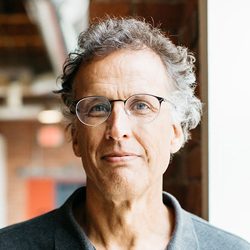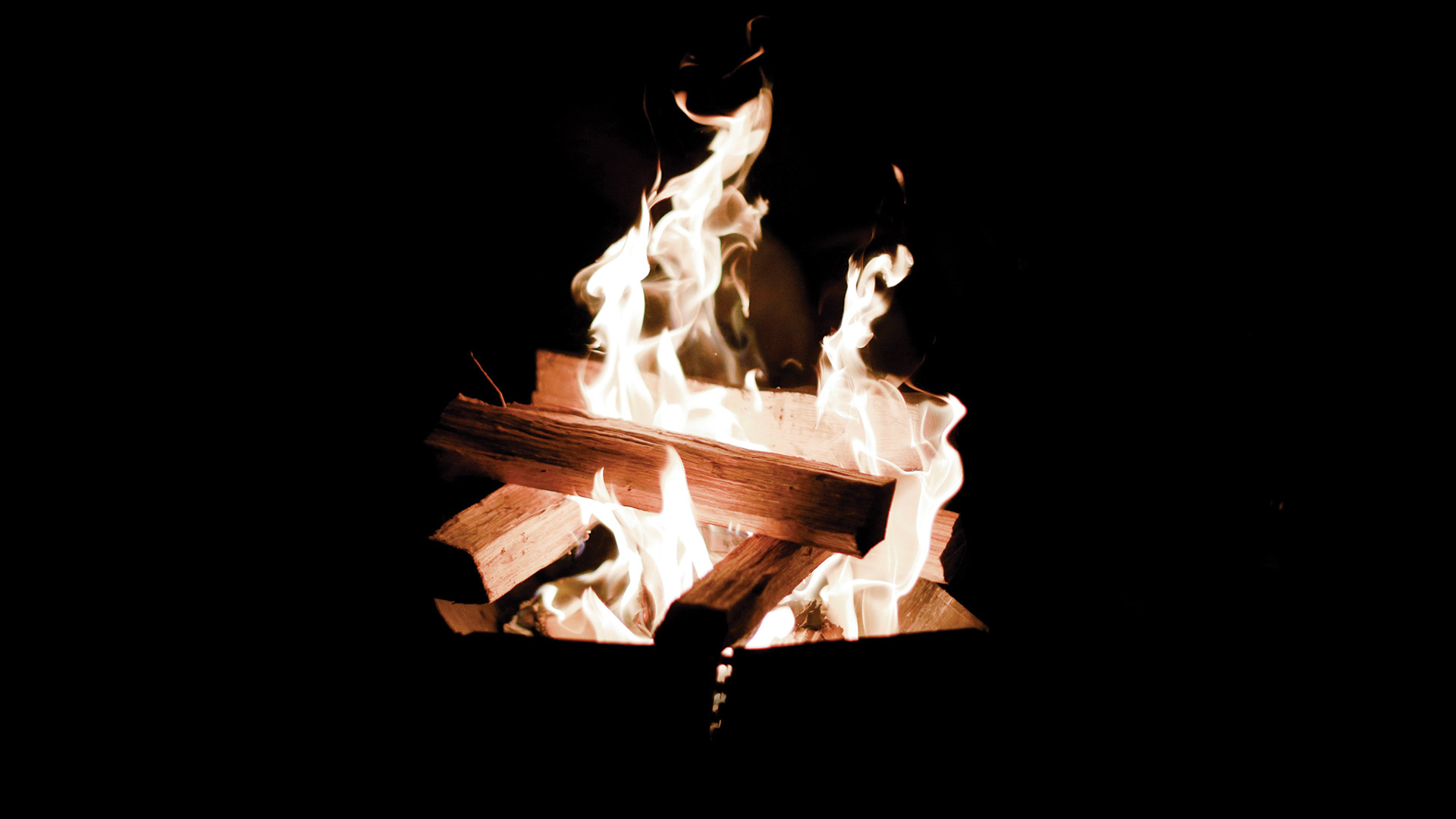All through Lent we’re exploring the idea that the affirmation of humanity is an act of resistance. This is especially true when the humanity being affirmed is attacked, belittled, or marginalized by systems of power. In these conversations, we are often inspired by Dr. Bob Ekblad, Associate Professor of Old Testament Studies, whose work with Tierra Nueva and The People’s Seminary has helped many people live into new, liberating ways of reading Scripture and practicing their faith.
https://vimeo.com/305151148
If you’ve ever met Bob, you know that he is a man of apparent contradictions. He speaks with a calm gentleness, meaning you might miss the pointed fierceness of his indictments of oppressive powers. One moment he’s decrying the injustice of nationalistic capitalism, and the next he’s leading a charismatic prayer for healing.
But the more you get to know him, you realize these aren’t contradictions for Bob. His political and social convictions are intimately connected to and informed by his vibrant faith in a God who is near and active in human affairs, especially in places of injustice and marginalization. It wasn’t always this way, though. In the post-9/11 atmosphere of fear and distrust of outsiders, Bob often felt like his faith had nothing to offer those who most needed good news. He was intrigued by Christians who spoke of miracles and prayed for healing, but he knew that those more charismatic circles were so often connected with harmful conservative and nationalist politics. The chasm between Christianity and social justice felt devastatingly vast.
“The evangelical and charismatic churches would be promoting the Reagan and Bush administrations’ policies, always dismissing everything we had to say,” says Bob. “We’d speak in churches and people would just oppose us. So we were getting more and more frustrated and feeling quite antagonistic toward the United States.”
Bob’s journey of working to reconcile that divide is chronicled in this documentary from the Wind Vane Project, a short film series “exploring the crossroads of God’s presence in our lives and justice on the earth.” The film offers an overview of Bob’s story, documenting the progression of his faith, his encounters with both liberation theology and the charismatic movement, and his work in Washington and around the world.
“The places of deepest brokenness and marginalization everywhere in the world require a united body of Christ.”
This is a beautiful, compelling film, and it reminds us that a meaningful pilgrimage is not just about leaving home embark on something new; there is, eventually, a return to service. For Bob and Gracie Ekblad, that meant returning to the United States to work within the Church instead of outside it, helping to foster reconciliation in places that had been divided for too long.
“In our ministry, God is doing a work where word—reading Scriptures for good news at the margins—spirit—the gifts of the Holy Spirit, moving in the power of the Holy Spirit—and street—justice, advocacy, peacemaking, confronting the powers, standing with the downtrodden—those three pieces we feel called to champion together, in a united way,” says Bob. “We see that the places of deepest brokenness and marginalization everywhere in the world require a united body of Christ. So we feel called to a ministry of reconciliation, and there’s a need for repentance on lots of fronts. We needed to repent of all of our judgements, harsh judgements against evangelicals and charismatics. And churches that endorse the status quo need to repent of that and be about Jesus and the kingdom of God. Without that happening, we’re going to see increasing division and ineffective ministry, because the body of Christ isn’t going to be trusted around the world.”
Our thanks to filmmaker Fred Sprinkle and the Wind Vane Project for helping tell Bob’s story, and for offering a compelling picture of a vibrant, active faith that does not shy away from the darkest injustices in our world. You can learn more about their project here, and more about Bob and Gracie Ekblad and their work here.


